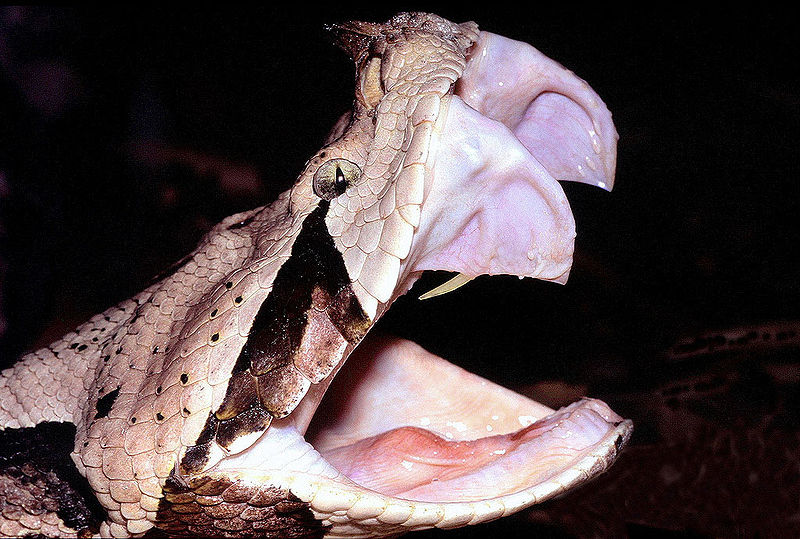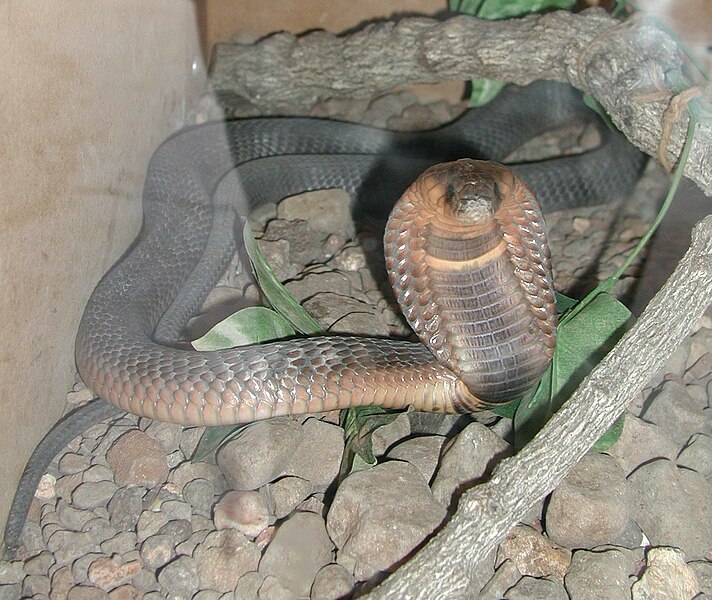 TV personality Mark O’Shea’s recent King Cobra bite brought to mind the many experiences I’ve had as a snakebite responder for the Bronx Zoo. Mr. O’Shea survived, but venomous snakes claim a surprising number of lives worldwide (4.5 million bites, possibly 100,000 deaths; please see article below). Some bites, as you’ll see, occur in a most unlikely place –New York City! As is fitting for my fair city, few were “routine” – guns, odd characters, suicides, and drug dealers all made appearances.
TV personality Mark O’Shea’s recent King Cobra bite brought to mind the many experiences I’ve had as a snakebite responder for the Bronx Zoo. Mr. O’Shea survived, but venomous snakes claim a surprising number of lives worldwide (4.5 million bites, possibly 100,000 deaths; please see article below). Some bites, as you’ll see, occur in a most unlikely place –New York City! As is fitting for my fair city, few were “routine” – guns, odd characters, suicides, and drug dealers all made appearances.
Zoos and Snakebite Emergencies
The Bronx Zoo cooperates with health authorities in the treatment of venomous snakebites. Antivenin is typically stored at the zoo, not in hospitals. A doctor called upon to treat a bite might not be able to identify the snake involved, and hence would be unable to administer the correct antivenin. In the event of a bite, Bronx Zoo reptile keepers and other staff are summoned by zoo security, a hospital, or the NYPD. Usually, NYPD transports us to the hospital. Read More »
 That Reptile Blog – Reptile, Amphibian and Exotic Pet Care and Information
That Reptile Blog – Reptile, Amphibian and Exotic Pet Care and Information


